Orchid Buds Falling Off: How To Prevent Orchid Bud Blast
If your orchid's buds fall off before they have a chance to bloom, your plant has bud blast. Learn the common causes and how to remedy the situation so you can enjoy your orchid flowers for as long as possible.
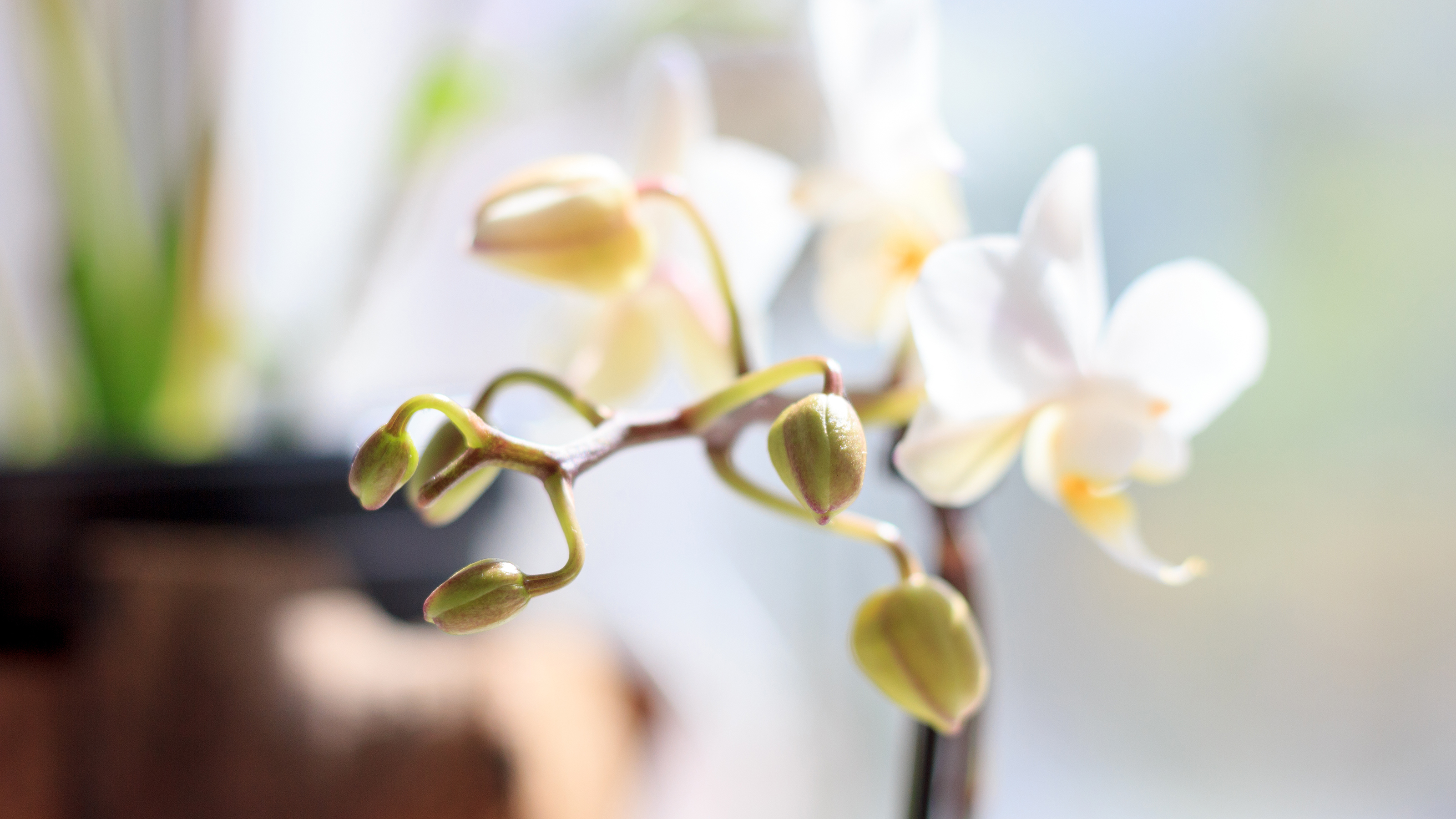

Orchids can be sensitive plants and they need a specific environment to thrive. When something isn't right, orchid buds falling off is a typical stress response.
Known as orchid bud blast, this defense mechanism enables the plant to divert energy to the stems, foliage, and roots. It is one of the most common orchid problems, and usually a simple fix, but you will need to amend your orchid care routine.
Orchid flowers falling off – known as bloom blast – may also be a sign of stress. However, orchid buds not opening is particularly frustrating, as you won't get to enjoy any flowers.
This article delves into the causes of orchid bud blast, and how to remedy the condition.
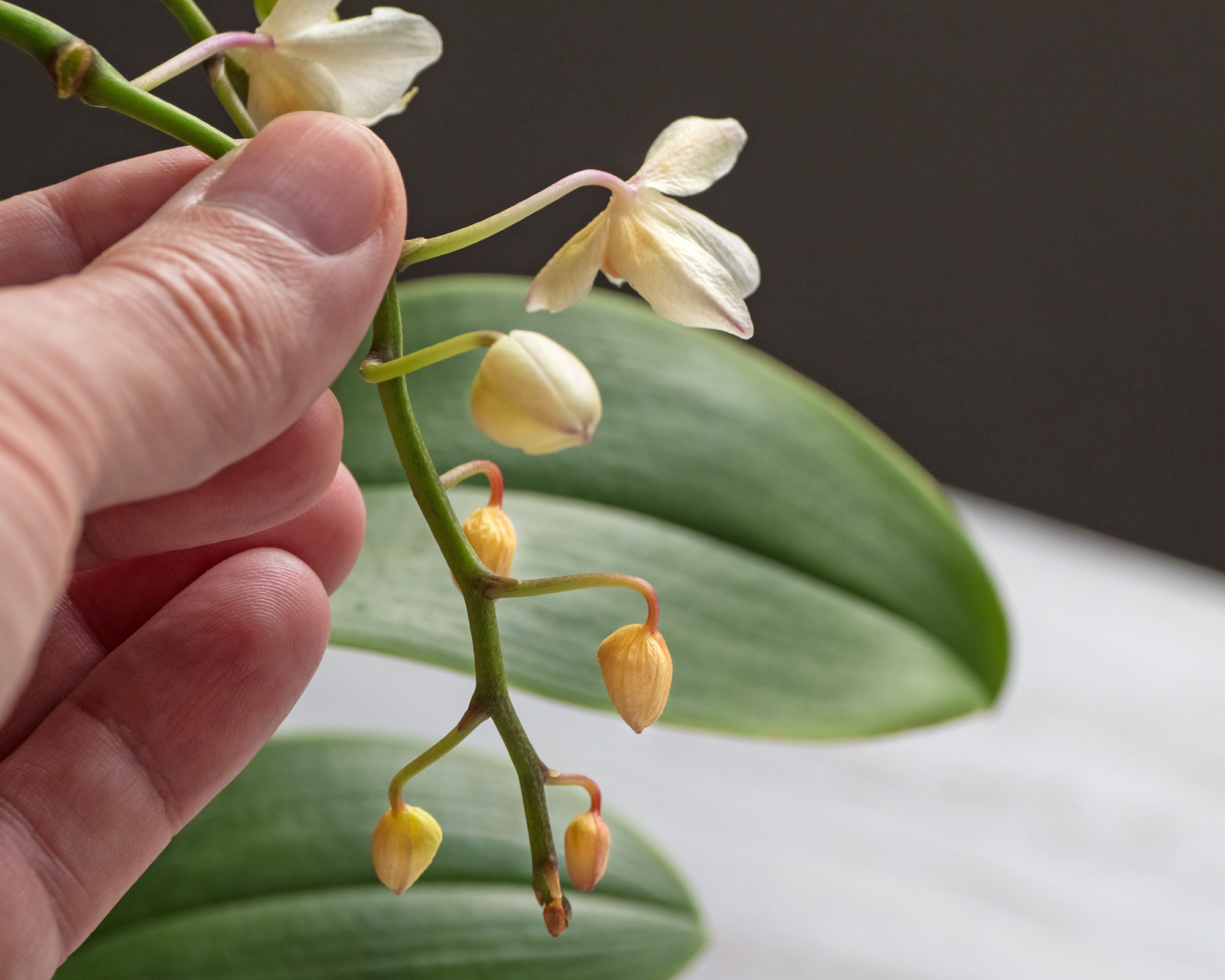
Common Causes Of Orchid Buds Falling Off
The causes of orchid buds falling off can vary. There are many types of orchids, but in the wild most grow in warm, humid environments. The best way to prevent orchid bud blast is to mimic the plant's natural growing conditions as closely as possible.
You should research the specific needs of your particular variety to identify any obvious causes. However, these are the most common reasons for orchid bud blast:
Temperature Changes
To get orchids to rebloom, they need a drop between day and night-time temperatures of about 10 to 15°F (5 to 8°C). Like all plants, they also expect climate variations between seasons. However, temperature changes should never be sudden.
Gardening tips, videos, info and more delivered right to your inbox!
Sign up for the Gardening Know How newsletter today and receive a free copy of our e-book "How to Grow Delicious Tomatoes".
Something as simple as a hot oven releasing heat or a cool draft from an air conditioner can cause bud blast in orchids.
Even watering with water that is too cold or too hot can stress your plant and cause buds to drop.
Extreme weather conditions may also be to blame, as well as bringing plants back inside after spending summer outdoors.
Bear in mind that different varieties of orchids have different temperature requirements, depending on whether they are warm, intermediate, or cool-growing. Keep orchids in an environment consistent with their preferred temperature range.
If you need to move your orchid to a new position, do so after it blooms to prevent stress.
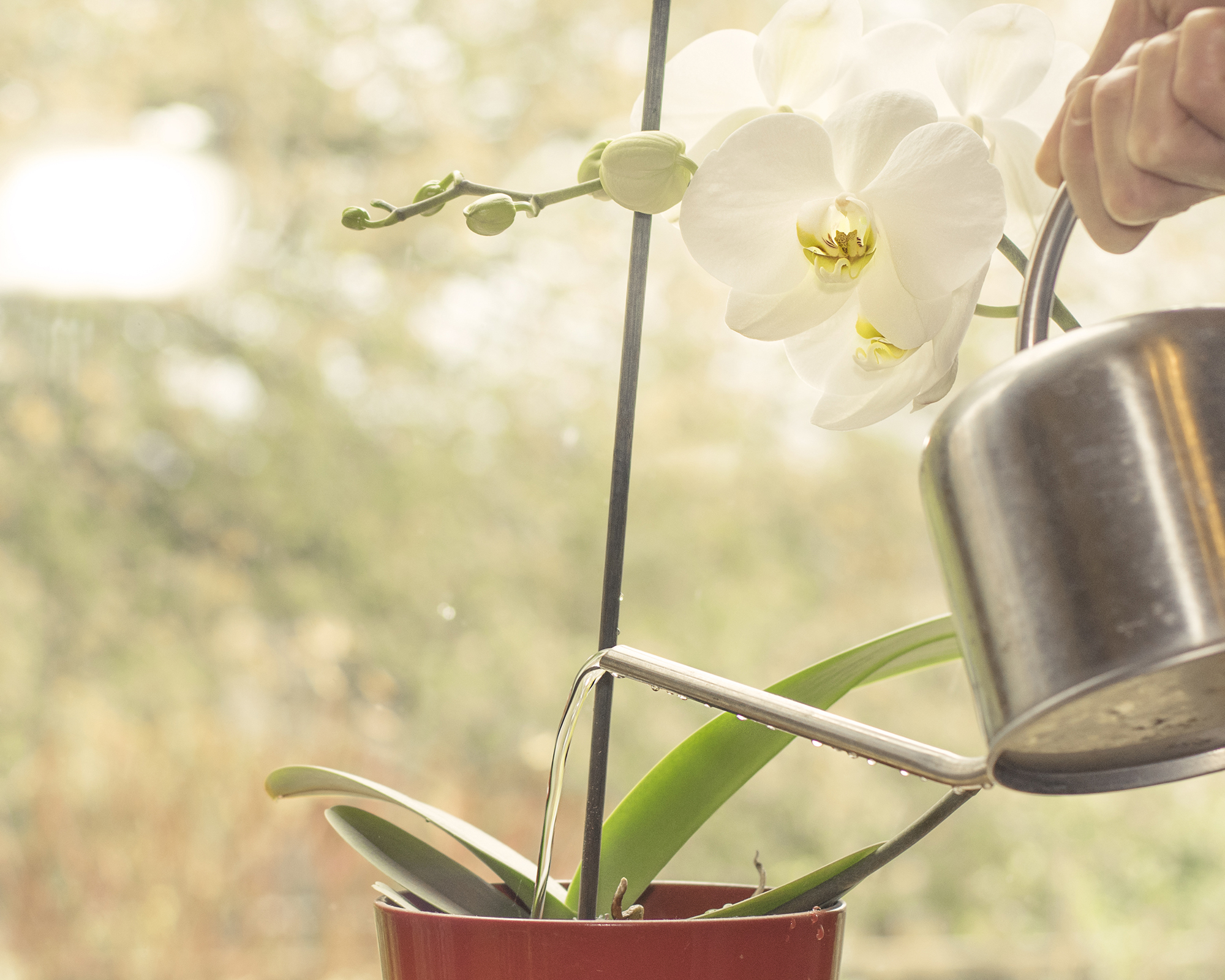
Incorrect Watering
Learning how to water orchids correctly is key to preventing orchid bud blast. Overwatering and underwatering are both common culprits.
Orchid buds drying up before dropping is often caused by underwatering, as the stressed plant drains moisture from the buds.
However, overwatering can be even worse, as orchids hate sitting in water. As well as bud blast, this can cause root rot or orchid crown rot.
Orchid buds turning yellow may be a sign of overwatering.
On average, orchids need watering every week, but this can vary depending on the species. The plant's potting mixture should be allowed to dry out between waterings. Check it every few days by pushing your finger an inch (2.5cm) deep.
Bear in mind that orchids also absorb water from humidity in the air, so in dry environments, orchid buds dying can be a result of underwatering and low humidity.
Increase humidity with a humidifier, daily misting, or by placing them on top of a tray filled with pebbles and water.
Pollutants In The Atmosphere
Orchid buds falling off due to harsh chemicals in the air is surprisingly common, as the plants are highly sensitive to pollutants.
This may include perfumes, paint fumes, chemical cleaners, gas leaks, cigarette smoke, and fumes or drift from herbicides, pesticides, and fungicides.
Even ethylene gas from ripening fruit, and methane released from flowering plants can all be causes of orchid bud blast.
Improper Fertilizing
Applying too much fertilizer can sometimes be the cause of orchid bud blast. Orchid fertilizing encourages plants to bloom, but when applied in excess can cause salt build-up and fertilizer burn.
Fertilize orchids weekly or bi-weekly only when they are actively producing new growth. Use a water-soluble fertilizer specifically formulated for orchids, and apply according to the label's instructions.
After flowering, stop fertilizing until new leaves begin to grow again.
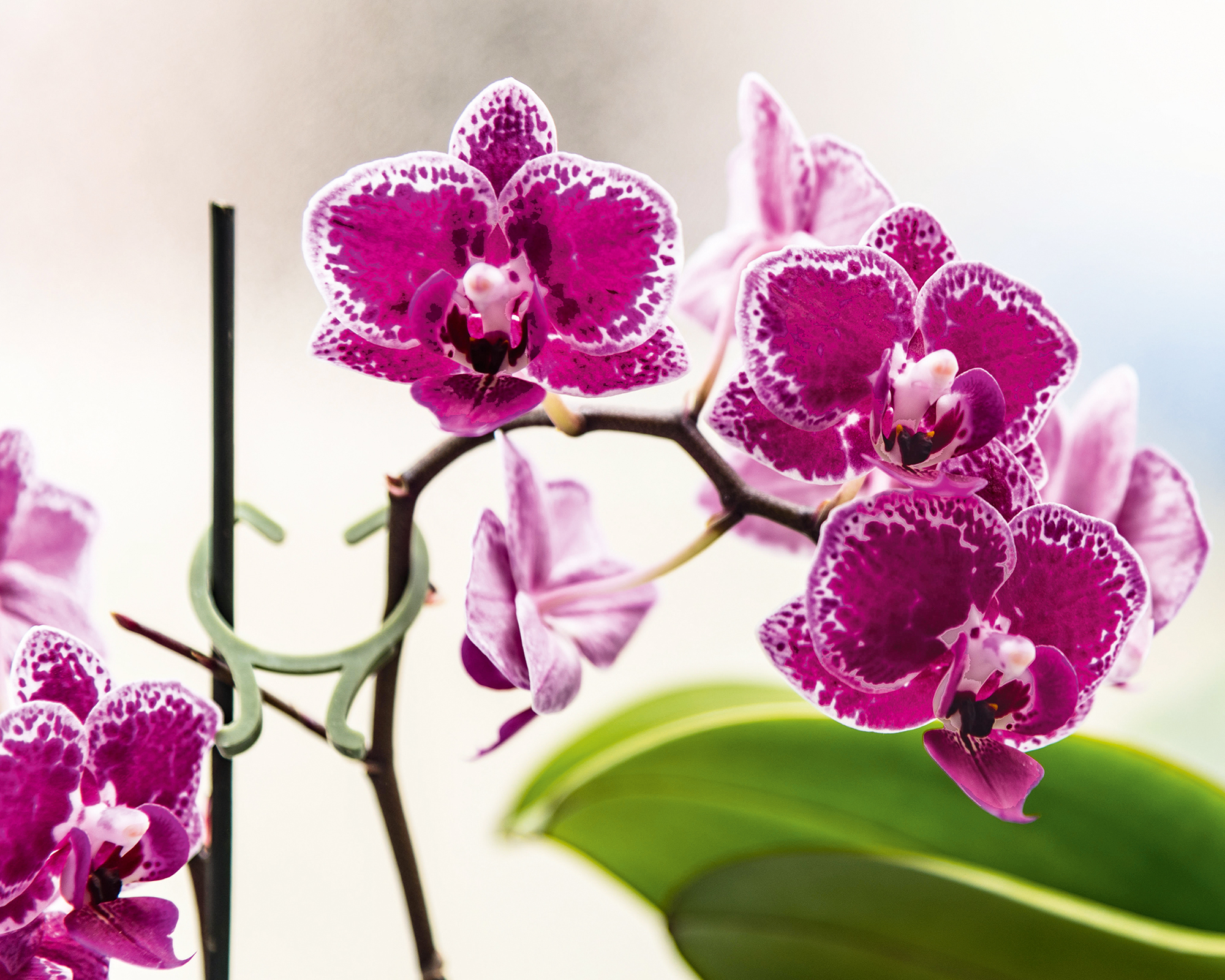
Light Issues
Orchids need enough light if they are to bloom, and if light levels are too low it can cause the buds to blast.
However, if the light is too bright for your particular species, the plant may scorch and the buds may fall off.
Orchid light requirements vary by species so check whether your plant is a low-light, medium-light, or high-light orchid.
This will make a big difference as to whether you can position it right next to the window, and whether it needs to be next to an east, west, or south-facing window.
Pests
Orchid pests can sometimes be a cause of bud blast. An infestation of pests can lead to plants dropping buds or orchid leaves falling off.
Sap-sucking insects, such as aphids, thrips, and mealybugs, drain the plant sap, which harms the orchid's ability to refuel.
Inspect plants regularly for any pest presence. Minor infestations can usually be washed off or treated with insecticidal soap.
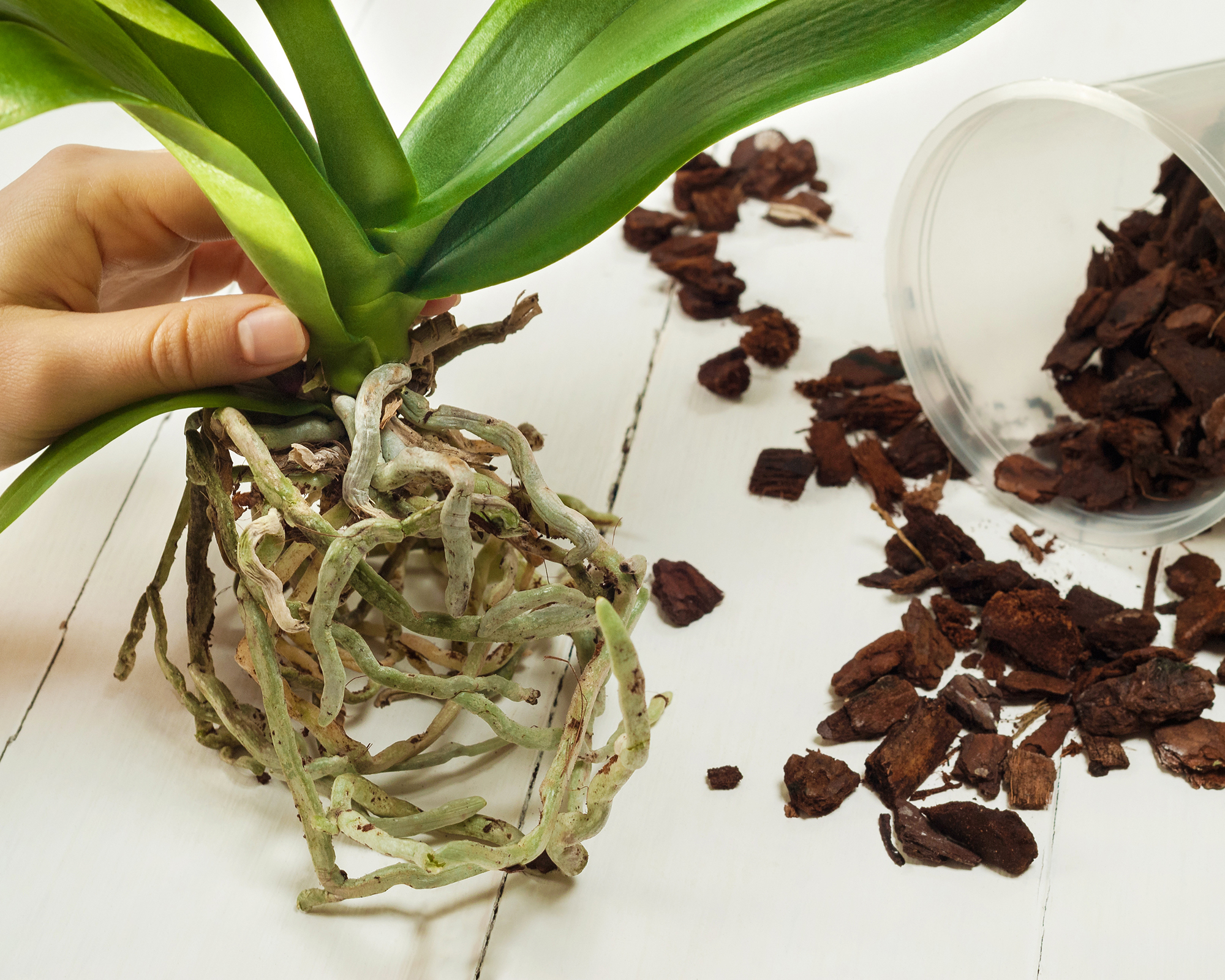
Orchid Bud Blast Remedy
Orchid bud blast must be dealt with promptly, as it is an early warning sign that the plant is stressed.
Trial and error may be necessary, as you need to ensure that the orchid has the correct temperature, light levels, and watering regime.
If you have ruled out the most common culprits, try repotting your orchid. Potting soil does not work well for orchids. Plants need a light, airy orchid potting medium.
Learning how to repot an orchid correctly will save you a lot of heartache, helping to avoid common orchid diseases.
Soak your plant and remove it from its potting mix. Examine the orchid roots – their condition can help to establish the plant's health.
Remove any dead or infected roots and allow the plant to dry before repotting it with a soilless orchid potting mix. Make sure you push the mix between the roots.
The plant may need to go up a pot size if the current orchid container is struggling to accommodate the spread of the roots.
When done, water the orchid deeply, and allow it to drain through.

Melanie is an experienced gardener and has worked in homes and gardens media for over 20 years. She previously served as Editor on Period Living magazine, and worked for Homes & Gardens, Gardening Etc, Real Homes, and Homebuilding & Renovating. Melanie has spent the last few years transforming her own garden, which is constantly evolving as a work in progress. She is also a passionate organic home grower, having experimented with almost every type of vegetable at some point. In her home, Melanie tends to an extensive houseplant collection and is particularly fond of orchids.
-
 Looking For Plants To Give You The Soft And Fuzzies? Try These 5 Fuzzy Leaf Plant Options
Looking For Plants To Give You The Soft And Fuzzies? Try These 5 Fuzzy Leaf Plant OptionsLovers of texture, drama, silver foliage and tactile plants will adore these special sensory garden additions. These fuzzy leaf plant options will leave you all aglow
By Susan Albert
-
 Get Ready For A Summer Of Hummers! Grow These Full Sun Hummingbird Plants and Flowers
Get Ready For A Summer Of Hummers! Grow These Full Sun Hummingbird Plants and FlowersIf you’re lucky enough to enjoy a sunny backyard, make sure you are maxing out on your pollinator opportunities and grow these full sun hummingbird plants and flowers
By Tonya Barnett
-
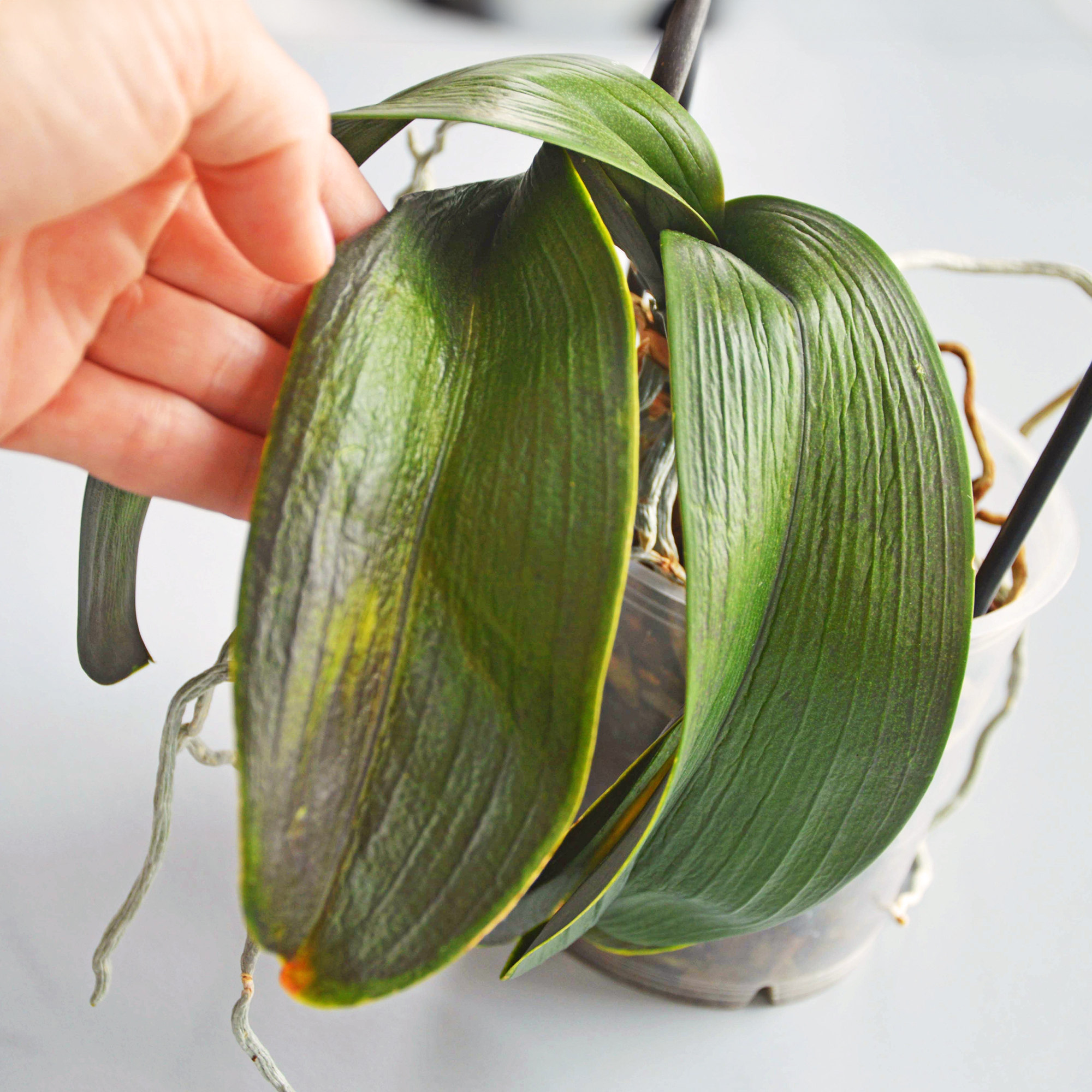 Orchid Leaves Wrinkled? 5 Common Causes & How To Restore Their Vitality
Orchid Leaves Wrinkled? 5 Common Causes & How To Restore Their VitalityAre your beloved orchid's leaves wrinkled? Worry not! Here are the most common causes for puckered orchid foliage, plus how to plump them back up.
By Tonya Barnett
-
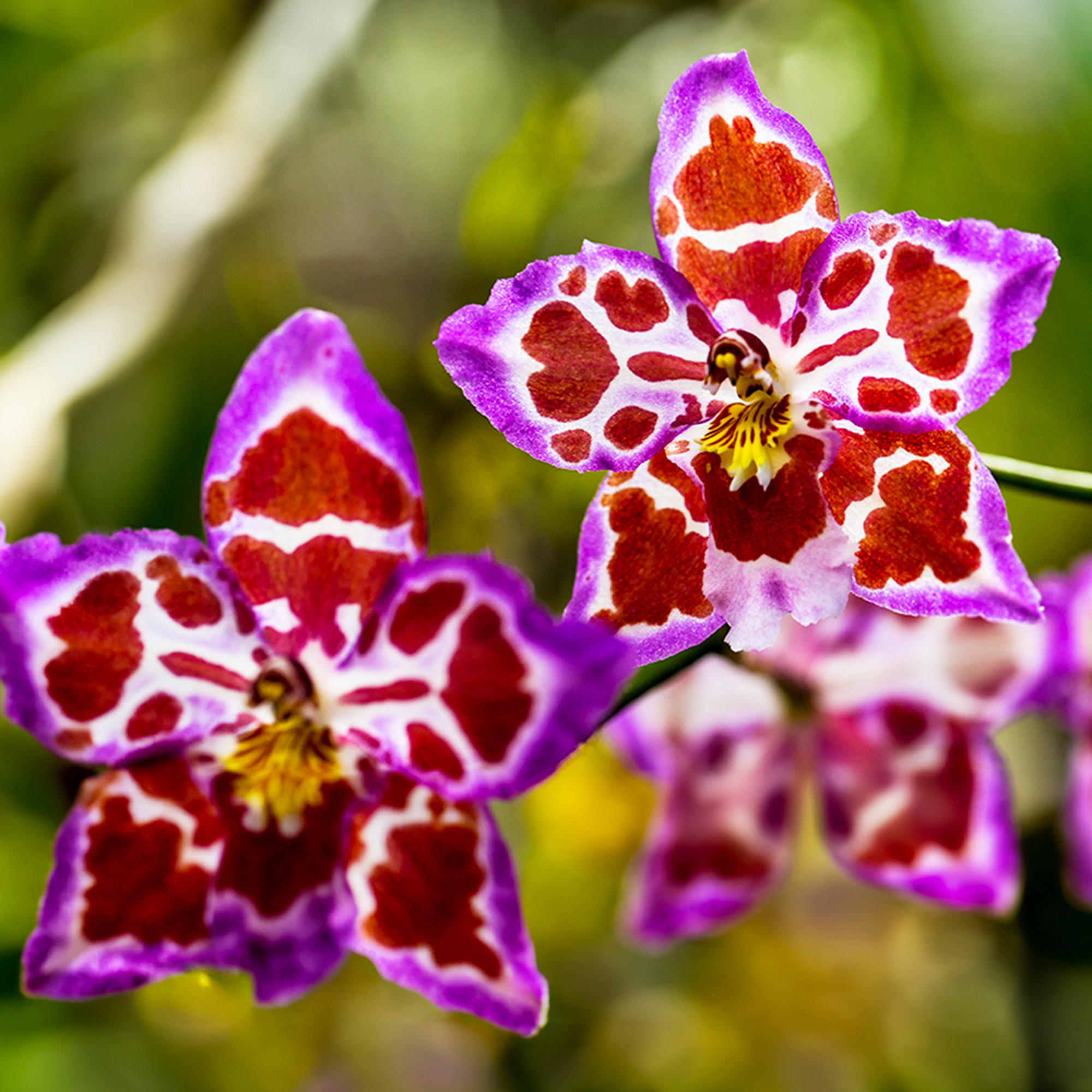 8 Rare Orchids That Make Stunning Houseplants – Some Are Surprisingly Easy To Grow
8 Rare Orchids That Make Stunning Houseplants – Some Are Surprisingly Easy To GrowDiscover unique orchids that will add exotic beauty to your home. Some make easygoing houseplants, while others offer a challenge for more seasoned growers.
By Melanie Griffiths
-
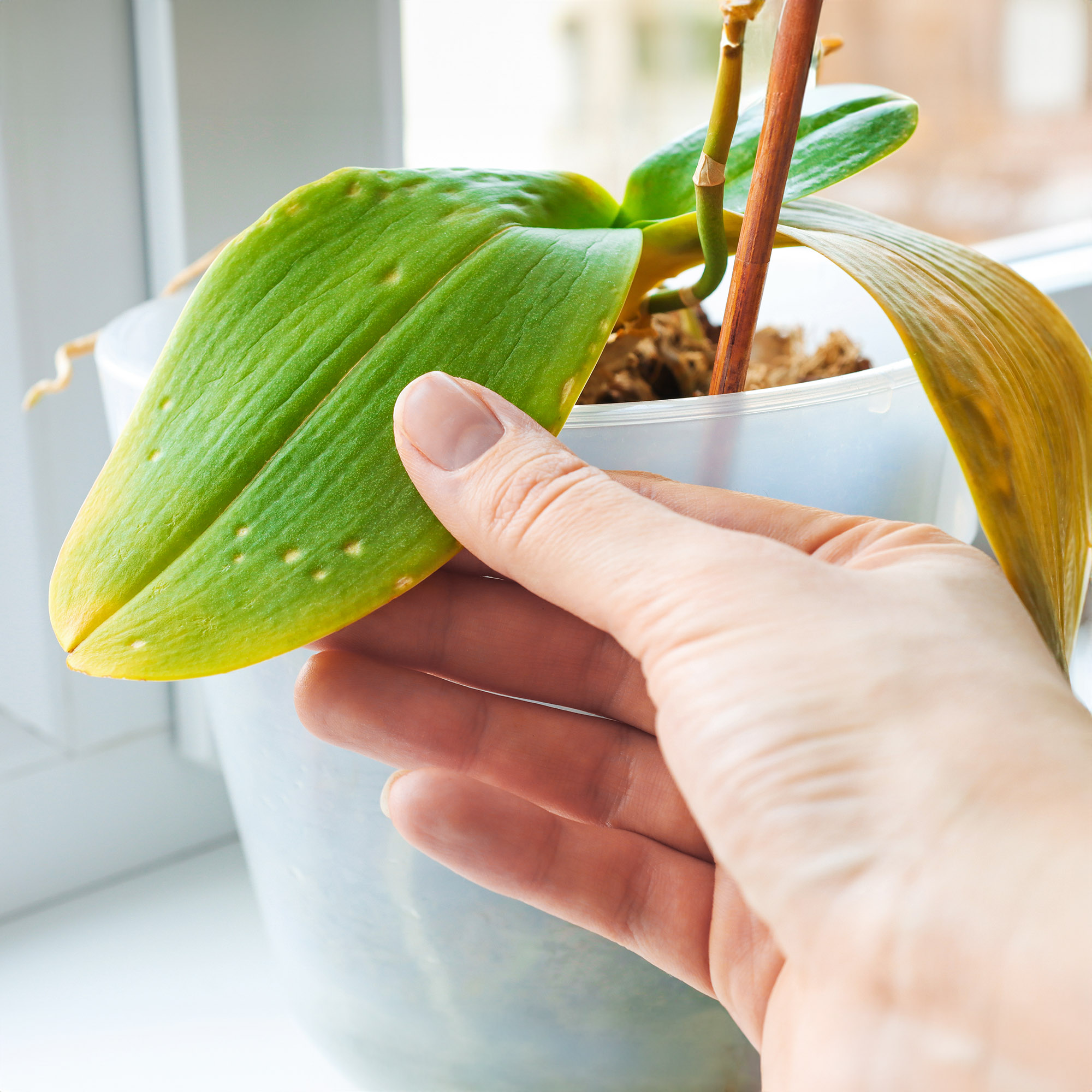 Why Is My Orchid Dying? 5 Common Causes & How To Save It Before It's Too Late
Why Is My Orchid Dying? 5 Common Causes & How To Save It Before It's Too LateStruggling to keep your orchid alive? Learn the top mistakes that cause orchids to decline – and the simple fixes to bring yours back to life.
By Bonnie L. Grant
-
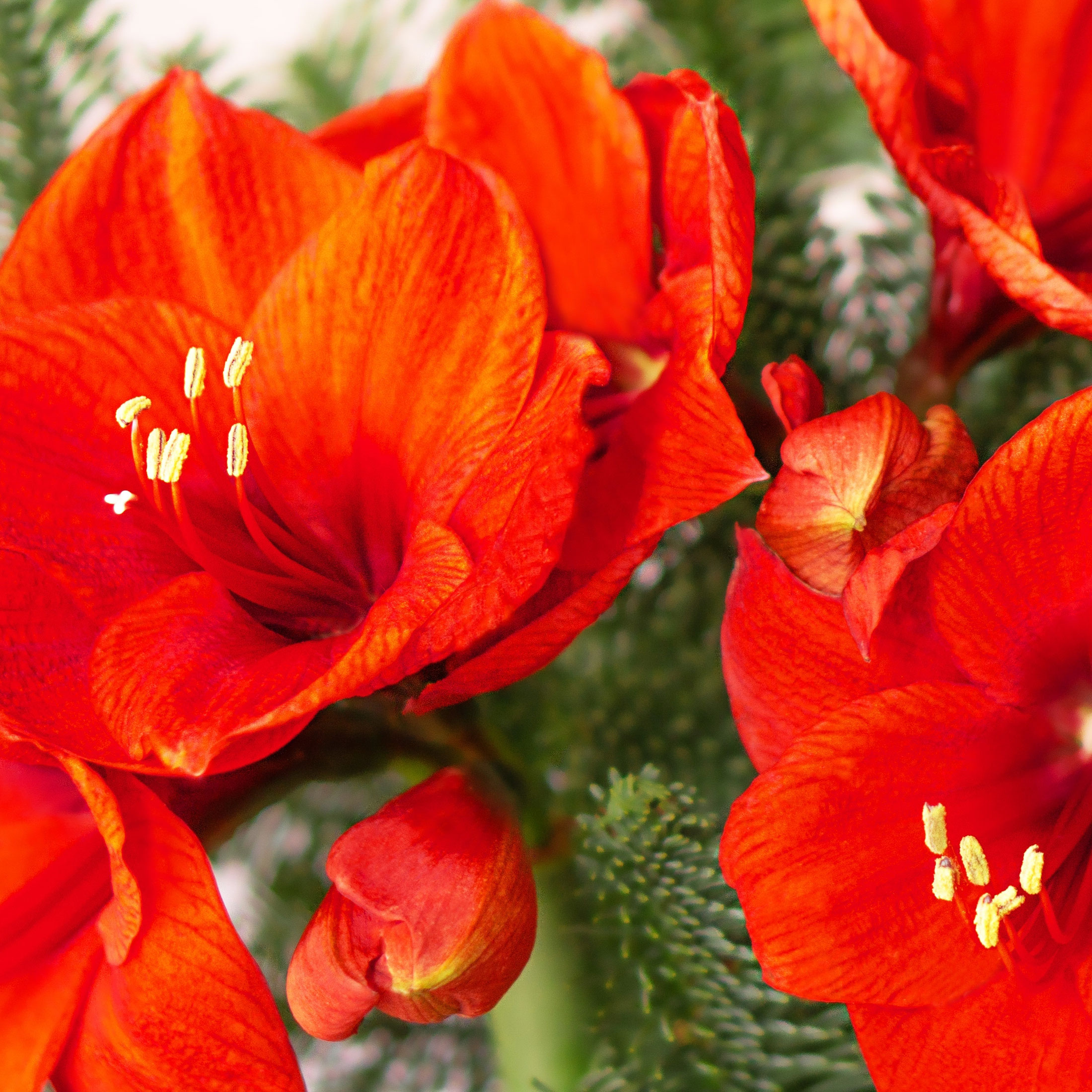 Warm Up Your Winter With Indoor Reds! 8 Red Amaryllis Varieties For Sizzling Seasonal Interest
Warm Up Your Winter With Indoor Reds! 8 Red Amaryllis Varieties For Sizzling Seasonal InterestWell loved as a bold decorative holiday bloomer, the red amaryllis is a hot favorite for winter displays. These red amaryllis varieties are guaranteed to fire up the season
By Tonya Barnett
-
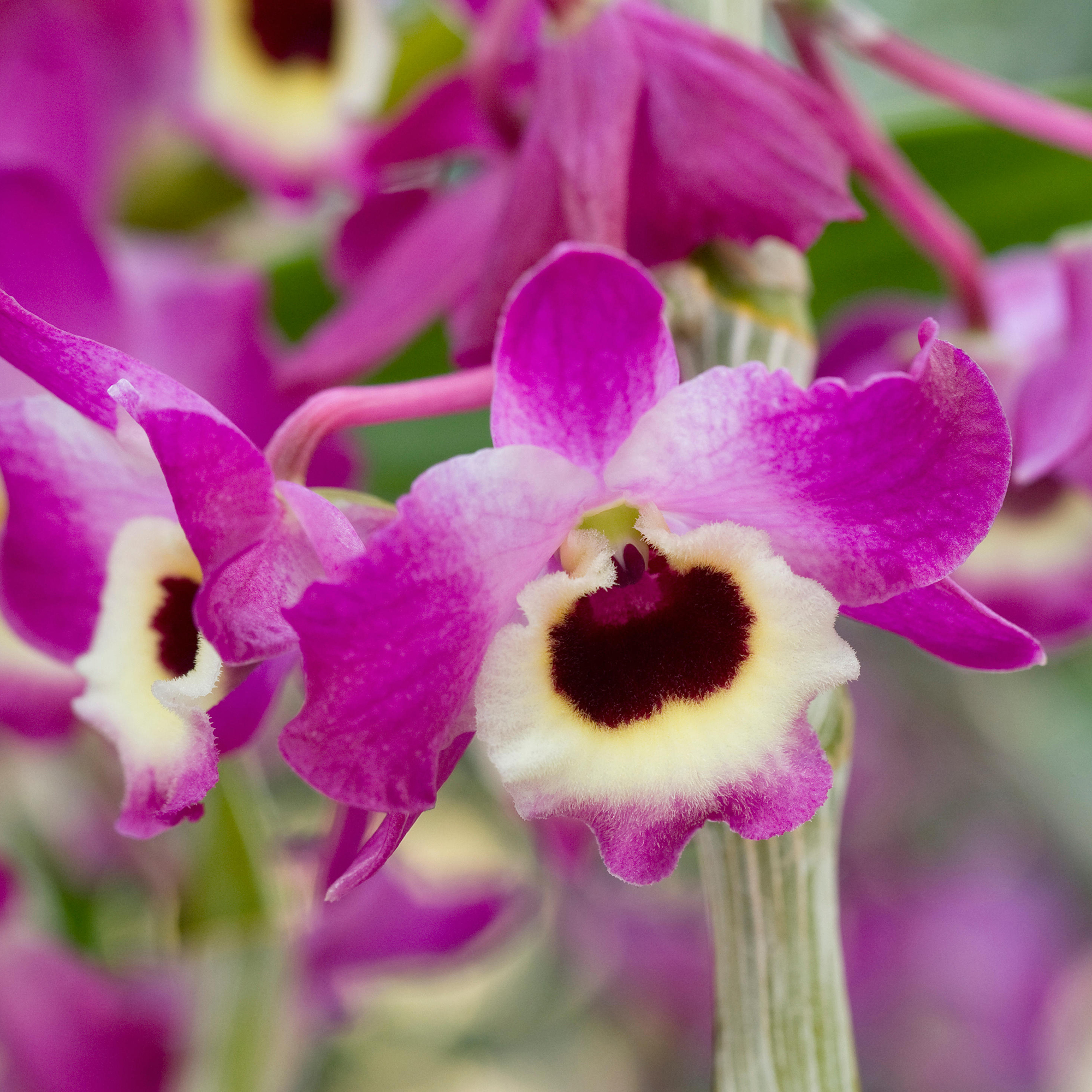 Dendrobium Nobile Orchid: How To Care For This Graceful, Easy-Going Houseplant
Dendrobium Nobile Orchid: How To Care For This Graceful, Easy-Going HouseplantLearn how to care for elegant dendrobium nobile orchids. These undemanding plants make a stunning addition to any orchid collection and are ideal for beginners.
By Bonnie L. Grant
-
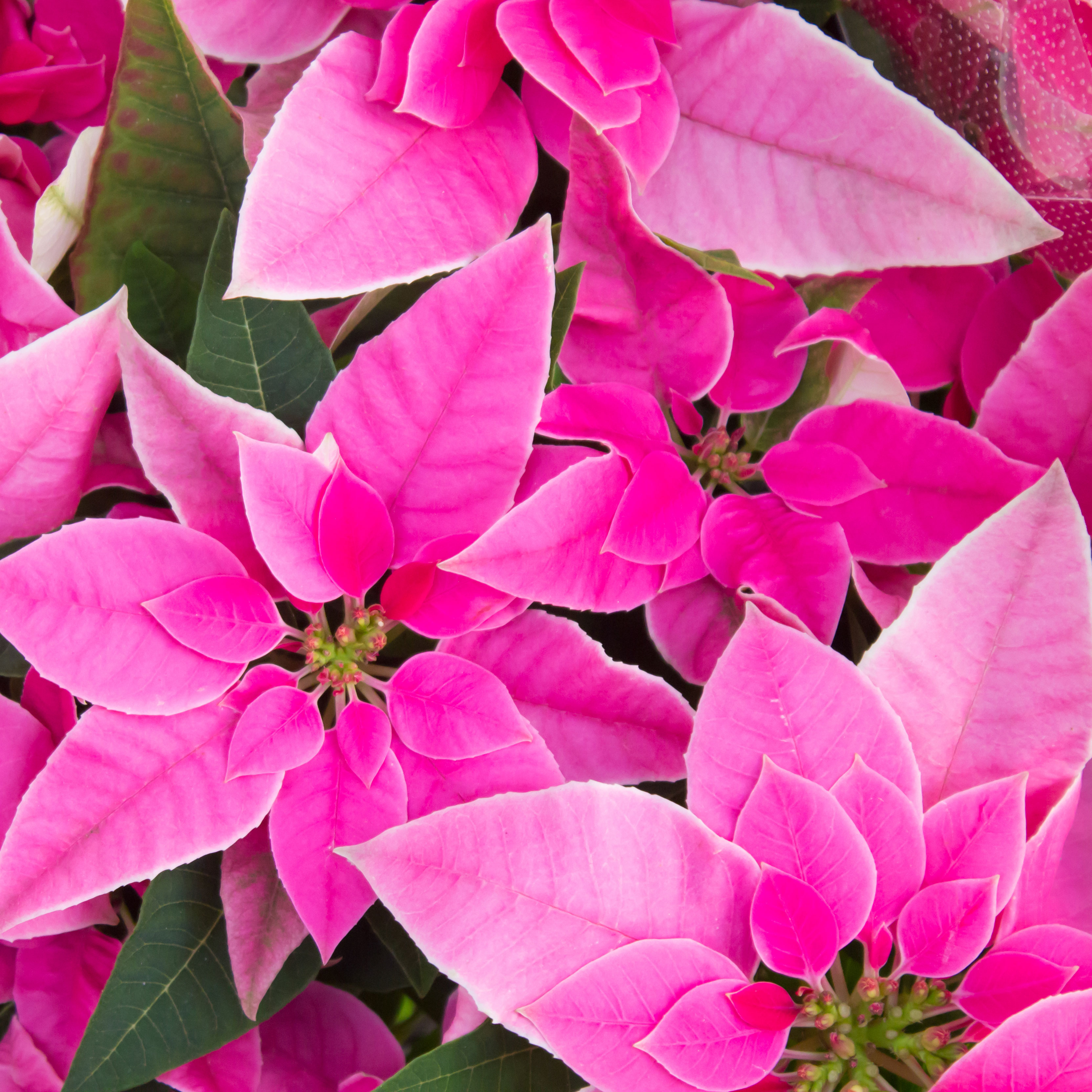 Poinsettia Pinks: 7 Pink Poinsettias To Grow For Neon Hot Tones And Cool Pretty Pastels
Poinsettia Pinks: 7 Pink Poinsettias To Grow For Neon Hot Tones And Cool Pretty PastelsWhile the traditional red poinsettia is a staple of many homes over the holiday period, they are not your only option. For cheerful brights or pastels, why not grow pink poinsettias?
By Tonya Barnett
-
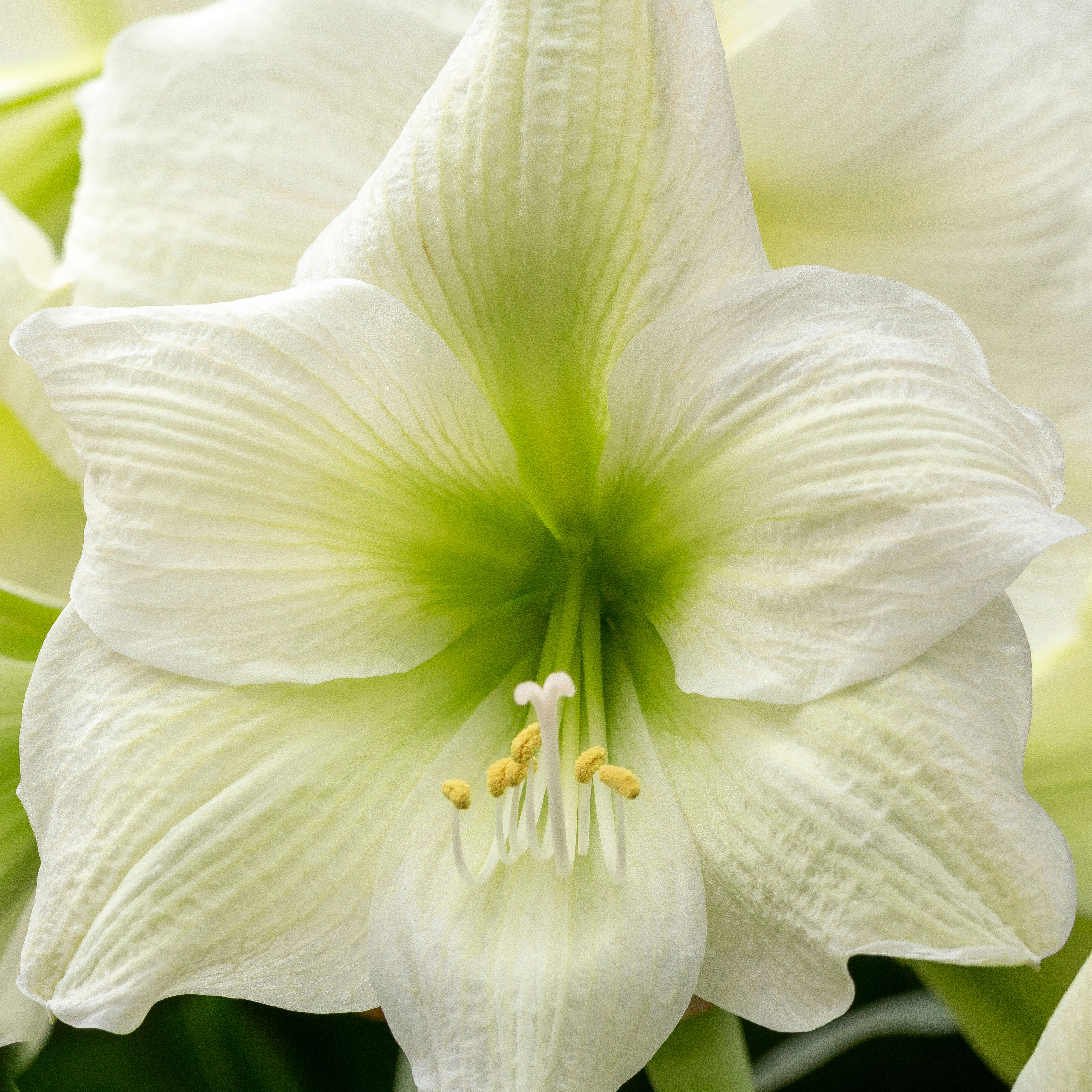 Want Amaryllis But Not Red? Try These 8 White Amaryllis Varieties For The Ultimate Elegance
Want Amaryllis But Not Red? Try These 8 White Amaryllis Varieties For The Ultimate EleganceYou’re probably familiar with the crisp red blooms of the traditional amaryllis – but if you feel like something more unusual and elegant, why not try white amaryllis?
By Mary Ellen Ellis
-
 Are Poinsettias Poisonous To Cats? What You Need To Know For Happy, Healthy Felines
Are Poinsettias Poisonous To Cats? What You Need To Know For Happy, Healthy FelinesThey have the potential to brighten up homes long after the holidays, but are poinsettias poisonous to cats? Make sure you read this before mixing the two!
By Susan Albert